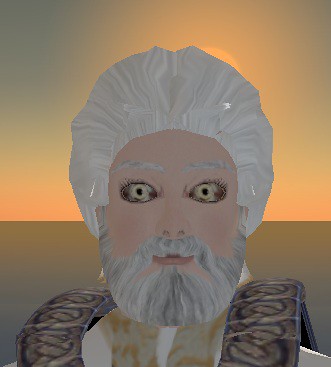Wednesday, September 21, 2005
Hedgehod and Fox
At the same conference (as previous post) another speaker referred to Isaiah Berlin's famous 1953 essay entitled, the Hedgehog and the Fox. Here is a excerpt:
There is a line among the fragments of the Greek poet Archilochus which says: 'The fox knows many things, but the hedgehog knows one big thing'. Scholars have differed about the correct interpretation of these dark words, which may mean no more than that the fox, for all his cunning, is defeated by the hedgehog's one defense. But, taken figuratively, the words can be made to yield a sense in which they mark one of the deepest differences which divide writers and thinkers, and, it may be, human beings in general. For there exists a great chasm between those, on one side, who relate everything to a single central vision, one system less or more coherent or articulate, in terms of which they understand, think and feel-a single, universal, organizing principle in terms of which alone all that they are and say has significance-and, on the other side, those who pursue many ends, often unrelated and even contradictory, connected, if at all, only in some de facto way, for some psychological or physiological cause, related by no moral or aesthetic principle; these last lead lives, perform acts, and entertain ideas that are centrifugal rather than centripetal, their thought is scattered or diffused, moving on many levels, seizing upon the essence of a vast variety of experiences and objects for what they are in themselves, without consciously or unconsciously, seeking to fit them into, or exclude them from, any one unchanging, all-embracing, sometimes self-contradictory and incomplete, at times fanatical, unitary inner vision. The first kind of intellectual and artistic personality belongs to the hedgehogs, the second to the foxes; and without insisting on a rigid classification, we may, without too much fear of contradiction, say that, in this sense, Dante belongs to the first category, Shakespeare to the second; Plato, Lucretius, Pascal, Hegel, Dostoevsky, Nietzsche, Ibsen, Proust are, in varying degrees, hedgehogs; Herodotus, Aristotle, Montaigne, Erasmus, Molière, Goethe, Pushkin, Balzak, Joyce are foxes.



